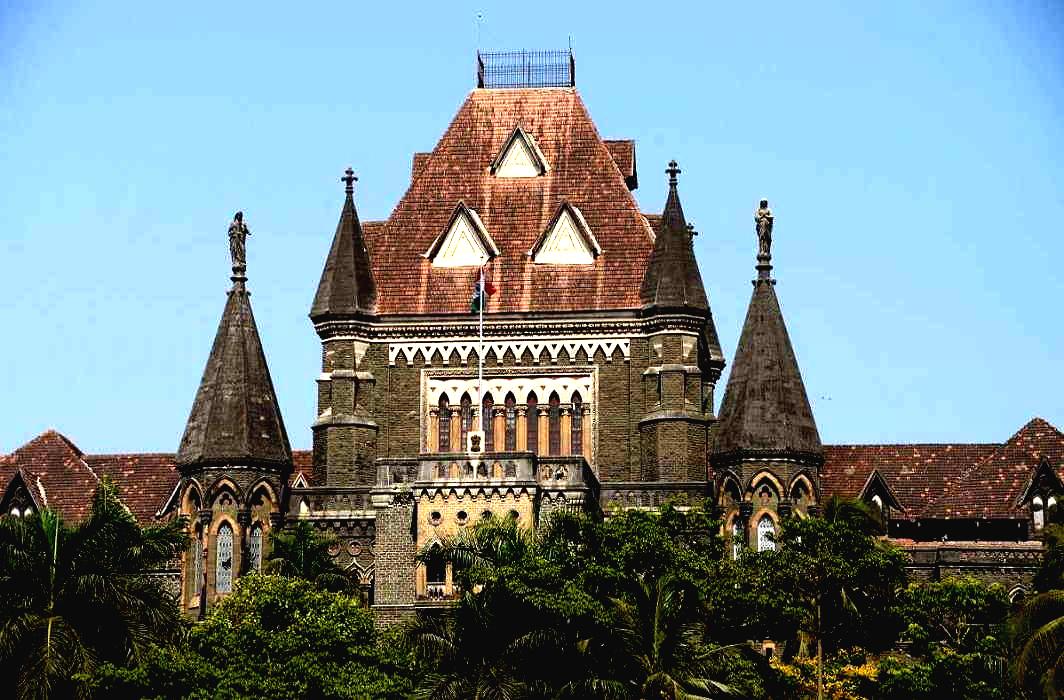In Writ Petition No.2031 of 2018 and Writ Petition (L.) No.639 Of 2020-BOMB HC-Provisions of Section 13(8)(b) & Section 8(2) of IGST Act are constitutional, provided that the provisions are confined to IGST Act only and the same cannot be made applicable for levy of tax on services under CGST and MGST Acts: Bombay High Court
Justice G.S. Kulkarni [18-04-2023]

Read Order: Dharmendra M. Jani and Ors v. The Union of India and Ors
Chahat Varma
New Delhi, April 23, 2023: A single judge bench of the Bombay High Court has ruled that the provisions of section 13(8)(b) and section 8(2) of the IGST Act are legal, valid and constitutional, provided that the provisions of section 13(8)(b) and section 8(2) are confined in their operation to the provisions of Integrated Goods and Services Tax Act, 2017 only and the same cannot be made applicable for levy of tax on services under the Central Goods and Services Tax Act, 2017 and Maharashtra Goods and Services Tax Act, 2017.
The challenge made in the writ petition was to the constitutional validity of section 13(8)(b) and section 8(2) of the Integrated Goods and Services Tax Act, 2017 (IGST Act). The petitioners commonly contended that the impugned provisions are violative of Articles 14, 19, 245, 246, 246A, 248, 265, 269A, and 286 of the Constitution.
Justice G.K. Kulkarni observed that GST is a destination-based consumption tax, by placing reliance on Commissioner of Service Tax, Mumbai-II vs. SGS India Pvt. Ltd. [LQ/BomHC/2014/1205]. The judge was of the view that “the intention of the legislature was not to tax transaction of export of services, also categorized as an intermediary services both under the IGST Act as also under the CGST and the MGST Acts. If it is to be such effect, interpretation and operation of these two provisions, it would lead to an absurdity making the provisions unworkable but also creating an uncertainty in the operation of the statutory mechanism, as neither there could be a desire of double taxation nor such a consequence would be acceptable under the regime of both the legislations, namely the legislations governing Inter-State and Intra-State trade and commerce.”
Examining the judgment passed in Bengal Immunity Company vs. State of Bihar [LQ/SC/1954/175, wherein the Supreme Court held that the legal fictions are created only for the defined purpose and they are limited to the purpose for which it was created and should not be extended beyond that legitimate field, Justice G.K. Kulkarni held that the cumulative effect of the provisions of Section 13(8)(b) read with Section 8(2) and Section 12 of the IGST Act can neither be read nor can be said to be of any relevance for the purpose of CGST and MGST Act(s) when it comes to any levy of GST under the said Acts on intermediary services, of the nature export of services falling within the meaning of Section 2(6) of the IGST Act.
With the above observations, Justice G.K. Kulkarni held that the provisions of Section 13(8)(b) and the provisions of Section 8(2) of IGST Act cannot be struck down as unconstitutional being violative of the provisions of Articles 14, 19(1)(g), 245, 246, 246A, 265, 269A and 286 of the Constitution.
Sign up for our weekly newsletter to stay up to date on our product, events featured blog, special offer and all of the exciting things that take place here at Legitquest.




Add a Comment